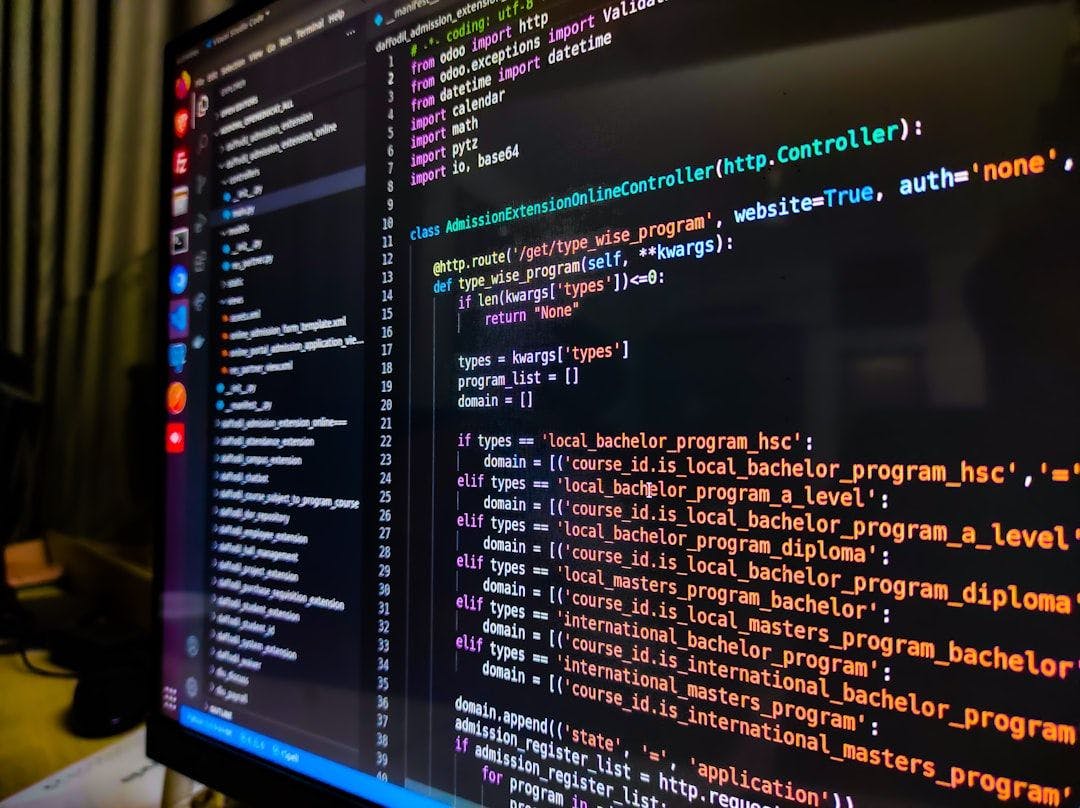154 reads
Generative Artificial Intelligence for Software Engineering: Abstract and Introduction
by
May 3rd, 2024
Audio Presented by

We publish the best academic papers on rule-based techniques, LLMs, & the generation of text that resembles human text.
Story's Credibility

About Author
We publish the best academic papers on rule-based techniques, LLMs, & the generation of text that resembles human text.
